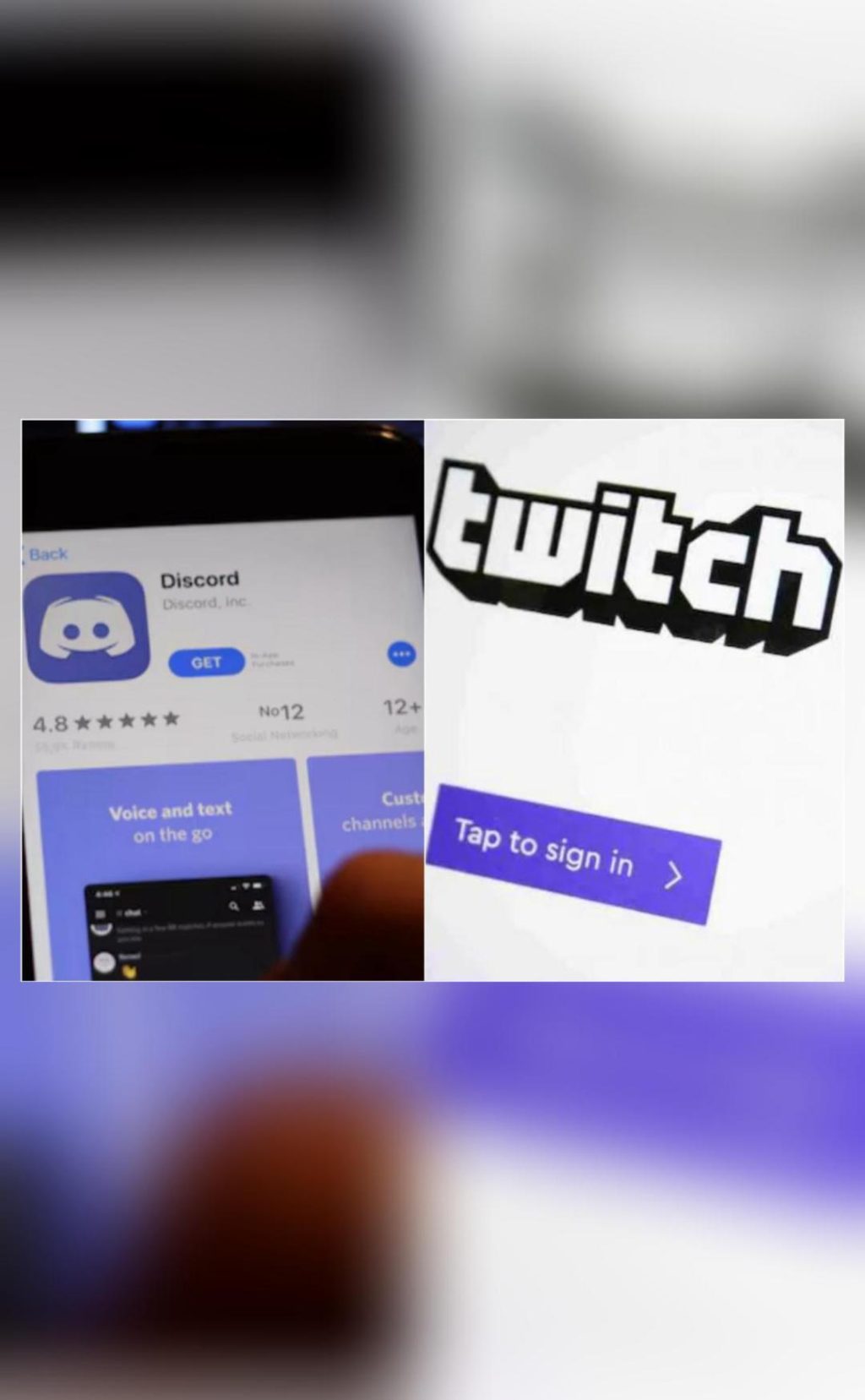
Extremists using platforms like Twitch, Discord to recruit & radicalise players: Study
Gaming has become an integral part of modern entertainment, with millions of players worldwide tuning in to platforms like Twitch and Discord to chat and play games simultaneously. However, a recent study published in Frontiers of Psychology has raised concerns about the misuse of these platforms by extremist groups to recruit and radicalize players.
According to the study, extremist groups are exploiting the popularity of these platforms to spread their ideologies and attract new followers. The study’s co-author, Dr. Emma Hall, noted that these platforms offer extremists “direct access to large, often young and impressionable audiences.” This is particularly concerning, given the vast majority of gamers are young adults who are impressionable and vulnerable to radicalization.
The study, which analyzed over 1,000 online conversations on Twitch and Discord, found that far-right extremism is the most commonly shared ideology on these platforms. The researchers also discovered that extremist groups are using a variety of tactics to recruit and radicalize players, including spreading hate speech, promoting conspiracy theories, and glorifying violence.
One of the most alarming findings of the study was the extent to which extremist groups are using these platforms to target young gamers. The researchers found that 60% of the online conversations analyzed were between players aged 18-24, and that these conversations were often characterized by a high level of toxicity and aggression.
The study’s findings are backed up by anecdotal evidence from gaming communities, where players have reported encountering extremist content and being targeted by hate groups. Many gamers have also spoken out about the negative impact that online harassment and toxicity can have on their mental health and well-being.
So, how are extremist groups able to exploit these platforms so effectively? According to Dr. Hall, it’s largely due to the lack of regulation and moderation on Twitch and Discord. “These platforms are not equipped to deal with the level of extremism and toxicity that we’re seeing,” she said. “They need to take stronger action to prevent the spread of hate speech and extremist ideologies.”
The study’s findings have significant implications for gamers, parents, and policymakers alike. For gamers, it highlights the need to be aware of the potential risks of online gaming and to take steps to protect themselves from extremist content. For parents, it emphasizes the importance of monitoring their children’s online activity and having open and honest conversations with them about the potential dangers of online gaming.
For policymakers, the study’s findings raise important questions about the regulation of online platforms and the need for stronger laws to combat online extremism. As Dr. Hall noted, “The spread of extremism online is a serious issue that requires a coordinated response from governments, tech companies, and civil society.”
In conclusion, the study’s findings are a wake-up call for the gaming community and policymakers alike. As we continue to grapple with the challenges of online extremism, it’s essential that we prioritize the safety and well-being of gamers and take steps to prevent the spread of hate speech and extremist ideologies.
Source:






